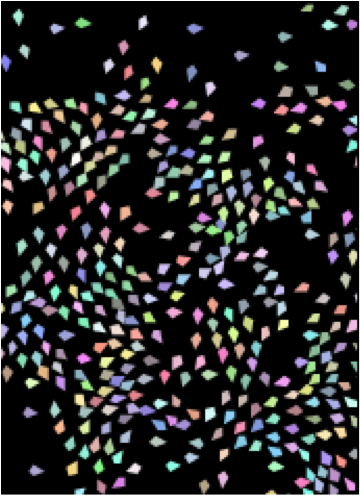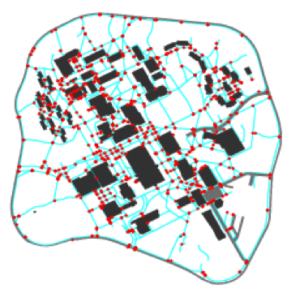Mason Project

MASON is a fast discrete-event multiagent simulation library core in Java, designed to be the foundation for large custom-purpose Java simulations, and to provide more than enough functionality for many lightweight simulation needs. MASON contains both a model library and an optional suite of visualization tools in 2D and 3D.
MASON is a joint effort between George Mason University’s Evolutionary Computation Laboratory and the GMU Center for Social Complexity.
The MASON Project began in 2002 and directed by MURI Co-PI Professor Sean Luke in collaboration with MURI PI Prof. Claudio Cioffi. Most of the initial MASON funding was provided by NSF, DARPA, and the Mason Center for Social Complexity, as well as subsequent ONR funding since 2008. The system now has a global community of users and under separate NSF funding we are seeking to hold a MASON Users’ Conference where we will also showcase our MURI-funded models. In the last year, we released three additional versions of MASON: versions 13, 14, and 15, and updated user manual, and updates to GeoMASON.
MASON is a Swarm-style multi-agent simulator for developing agent-based models, including the kind of socio-techno-natural systems models that are of interest in our project. MASON is fast, lightweight, orthogonal, general-purpose, and single-process-based.
GeoMASON, initially developed last year, combines MASON models with true geographic information system (GIS) capabilities. Whereas before we were making due with just the original or native MASON data fields and spatial data facilities, GeoMASON now has spatial capabilities that are recognizable to a GIS analyst in the form of general geometry facilities.
Advancements to MASON and GeoMASON have been funded by an ONR MURI and NSF.

